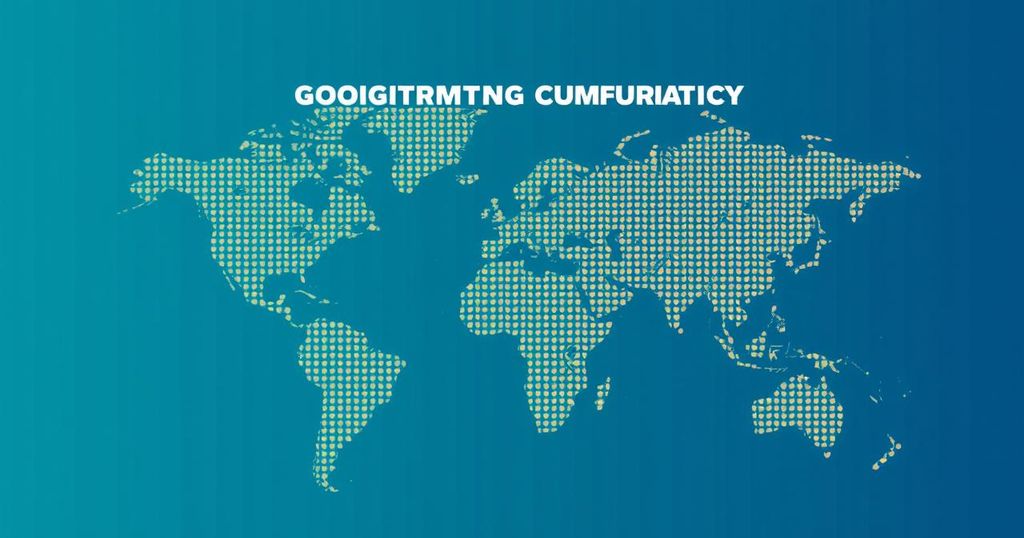The upcoming COP29 in Azerbaijan highlights the troubling practice of selecting authoritarian regimes as hosts for climate conferences, raising ethical concerns regarding the UN’s commitment to democratic values and human rights amidst ongoing political repression and abuses in the country.
The upcoming United Nations Climate Change Conference, COP29, set to commence on November 11 in Azerbaijan, highlights a troubling trend in the selection of host nations that question both the values and the effectiveness of climate diplomacy. The UN has criteria for selecting hosting countries that focuses on infrastructure, climate commitments, political stability, and financial resources, yet fails to include crucial aspects such as democracy and human rights, leading to the troubling phenomenon of legitimizing oppressive regimes. Azerbaijan, a country under the authoritarian rule of President Ilham Aliyev, exemplifies this dilemma as it prepares to host what should be a forum for collaborative climate action. Azerbaijan’s governance is characterized by significant human rights violations, which have come to light particularly following its military actions in the Nagorno-Karabakh region. Since Azerbaijan’s offensive, countless ethnic Armenians have faced displacement, and numerous political prisoners remain incarcerated, including those who have sought to highlight government mismanagement and corruption related to oil revenues. Reports from organizations such as Human Rights Watch have illuminated a severe crackdown on dissent and civil liberties in the lead-up to the conference, with increased political detentions reported. Notably, economist Gubad Ibadoghlu, who criticized the Aliyev administration’s handling of national resources, and activist Anar Mammadli, known for his work on election monitoring, are among the many enduring unjust detentions. Moreover, independent media in Azerbaijan faces systematic oppression, with notable outlets and journalists silenced for revealing government malfeasance. The continuing arrests and oppressive tactics against dissenters raise profound ethical questions about the appropriateness of commending a dictatorship while engaging in discussions regarding global climate initiatives. In conclusion, while addressing climate change is an imperative that transcends political ideologies, it is critical for the international community to reassess its associations. A reevaluation of the criteria for selecting host countries, which prioritizes environmental integrity alongside democracy and human rights, would ensure that the motivations of climate conferences remain aligned with global values of accountability and respect for fundamental freedoms.
The selection processes for hosting UN climate conferences have raised significant ethical concerns, as they often prioritize logistics and financial stability over democratic values and human rights. The forthcoming COP29 in Azerbaijan underscores this issue; this is the third consecutive climate conference held in a non-democratic regime, following similar instances in the United Arab Emirates and Egypt. Azerbaijan’s human rights abuses, including political repression and a lack of civil liberties, notably contradict the core goals of the climate dialogues intended to foster global partnerships and sustainable practices. With the world’s attention on climate action, the context of the hosting nations prompts scrutiny of whether such gatherings lend credibility to regimes that lack compliance with universal human rights and democratic principles.
The upcoming COP29 in Azerbaijan starkly illustrates the paradox of holding climate conferences in repressive states. While addressing global climate challenges is vital, doing so at the cost of legitimizing human rights violations raises serious questions about the UN’s commitment to upholding democratic values. The international community must reconsider its approach by prioritizing countries with robust environmental and democratic credentials to ensure that future summits genuinely reflect the ideals of justice and human dignity alongside the urgent need for climate action.
Original Source: www.washingtonpost.com





